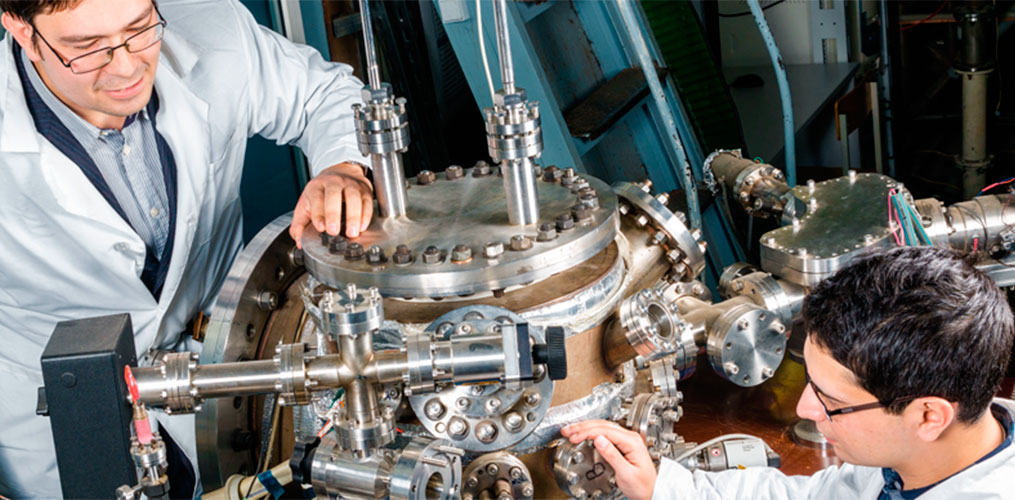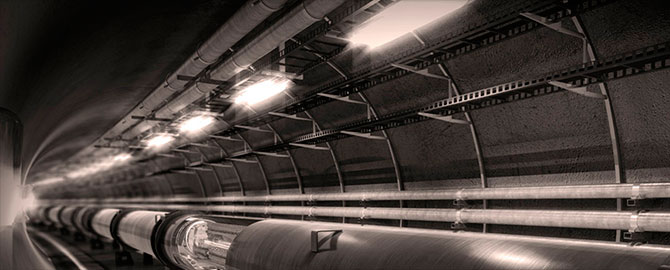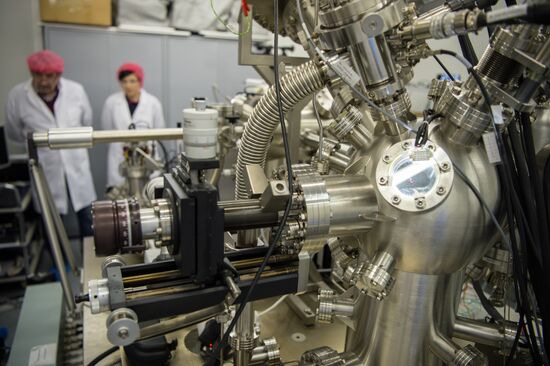In this process, approximately 50 Turkish students are studying at this university on scholarships. These scholarships likely enable students to pursue studies in fields related to nuclear science and engineering, such as nuclear physics, nuclear engineering, and other related subjects.
This experience offers students an opportunity to actively engage in practical projects and become familiar with nuclear technologies and related sciences. It can assist them in acquiring the necessary skills and knowledge to initiate or advance a career in the nuclear field. Additionally, this opportunity can contribute to the development of their expertise and capabilities in the field of nuclear energy.
The Phystech system is a unique educational approach utilized by prominent universities like MEPhI. Aimed at combining theoretical knowledge with practical experiences, this system empowers students to personalize their educational programs and leverage both theoretical and practical courses in fundamental sciences and engineering.
Within this system, experienced and specialized educators at the university assist students in designing their academic trajectory based on their abilities and personal interests. Students start engaging in scientific studies from their second or third years, which, alongside theoretical and practical knowledge, enables them to expand their expertise in engineering and research.
The primary objective of this system is to prepare students to simultaneously utilize their theoretical and practical knowledge upon graduation. By offering scientific and research opportunities, this system provides the necessary resources for deep learning and skill development. This equips students to actively work as well-prepared engineers with both theoretical and practical knowledge across various fields of fundamental sciences and engineering.
The educational program offered at the Moscow Institute of Physics and Technology (known as MIPT or Moscow State University) comprises a preparatory year followed by 5.5 years of specialized education. During the initial three years, students are introduced to mandatory core courses in three different orientations—Mathematics, Physics, and English. These foundational courses are uniform across all faculties without differentiation.
During the first and second academic years, students study approximately 48 course hours per week, excluding weekly assignments. Class timings vary for students attending five days a week, starting from either 9:00 or 10:30 in the morning and continuing until 17:00, 18:30, or 20:00 in the evening. This scheduling allows students to allocate their time for studying and educational activities throughout the day.
A significant portion of the program’s courses involves laboratory experiments and practical activities. This practical approach not only imparts theoretical knowledge but also allows students to gain deeper insights into various fields by conducting experiments and engaging in hands-on experiences.
National Nuclear Research University Student Dormitories
Residential dormitories at the National Research Nuclear University and Moscow Institute of Physics and Technology offer student accommodation and living spaces. These dormitories boast modern facilities such as laundry rooms, communal kitchens, and shared bathrooms utilized by multiple residents. Each room is equipped with Wi-Fi and wired internet services, enabling students easy access to the university network and online resources for their research and studies.
Primarily designed for international students, these dormitories feature rooms for 2 or 3 occupants, ensuring comfortable residency. Residential facilities are equipped with security cameras, surveillance services, and other safety measures like secure doors and protection systems to ensure student safety.
The main campus of the National Research Nuclear University is situated in Dolgoprudny, north of Moscow, accommodating numerous students and university amenities. Additionally, the Aeromechanics department, a vital part of the National Research Nuclear University, is located in Zhukovsky, southeast of Moscow. This distribution demonstrates the university’s expansion across various areas of Moscow and its diverse areas of specialization.
 Renowned for its specialization and focus on fundamental sciences, the university is recognized as a prestigious and influential institution both nationally and internationally.
Renowned for its specialization and focus on fundamental sciences, the university is recognized as a prestigious and influential institution both nationally and internationally.




